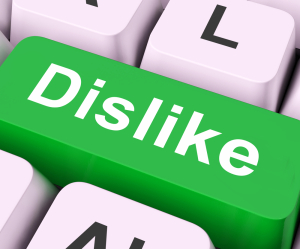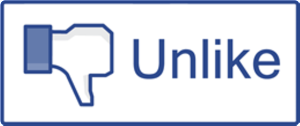Israel’s youth experience a surge of anti-Semitic belligerence online, but learn to fight back.

(Photo: shutterstock)
Over half of Israeli youth experienced online anti-Semitic attacks on social media networks in 2014, and especially after Operation Protective Edge, according to a poll conducted for the Anti-Defamation League which was presented by Israel Hayom.
The poll questioned 500 Israeli internet users aged 15 to 18. More than half of them (51%) reported that they had been the targets of anti-Israeli online attacks in the past year, compared to 36% in 2013.
Nearly two-thirds (61%) said that during and after Operation Protective Edge this summer, they experienced more anti-Semitic attacks than usual.
A vast majority (83%) said they had been exposed to various types of anti-Semitism on social media, compared to 69% last year, and 20% said that they had been personally targeted by anti-Semitic attacks, compared to 13% in 2013.
The poll shows that Facebook is plagued with anti-Semitism, which is the site where 84% of the teenagers encountered anti-Semitic attacks online, compared to 70% in the prior year.
Seventy-six percent of young Israeli internet users also reported seeing anti-Semitic content on social media pages, compared to 68% in 2013.
Anti-Semitic songs and video clips were reported by 73% of the respondents, compared to 64% last year.
Threats of Physical Violence
When it came to personal attacks against Israeli internet users, 37% of those who said they had been vilified for being Israeli said they had been cursed at; 32% reported that their access to certain pages and sites had been blocked; 9% said they had been blocked from various forums, and another 9% reported that they had been threatened with physical violence.
Israeli Youngsters Fight Back

Israel’s youth are not remaining passive in the face of anti-Semitic internet content, with 43% of respondents saying they had contacted the administrators of social media pages and sites and asked that the content in question be removed; 24% said they had written comments condemning the anti-Semitism; 21% urged their friends to contact administrators about anti-Semitic content; and 21% told their parents about it.
The victims themselves have become more active, as 30% said they had responded to their attackers, compared to 20% in 2013.
Responding to these disturbing statistics, Anti-Defamation League National Director Abraham Foxman stated that “the more Israeli youth are using the internet, the more they encounter racists … who want to expose them to anti-Semitic and anti-Israeli content.”
However, Foxman said, “Israeli youths don’t feel helpless. Truth be told, the majority of those polled said they had initiated responses to anti-Semitic content, whether by reporting it to site administrators or asking that it be removed.”
Tell us in the comments below: Have YOU encountered anti-Semitic or anti-Israel abuse online? How do YOU combat hateful messages on social media?
Author: United with Israel Staff
(With files from Israel Hayom)
